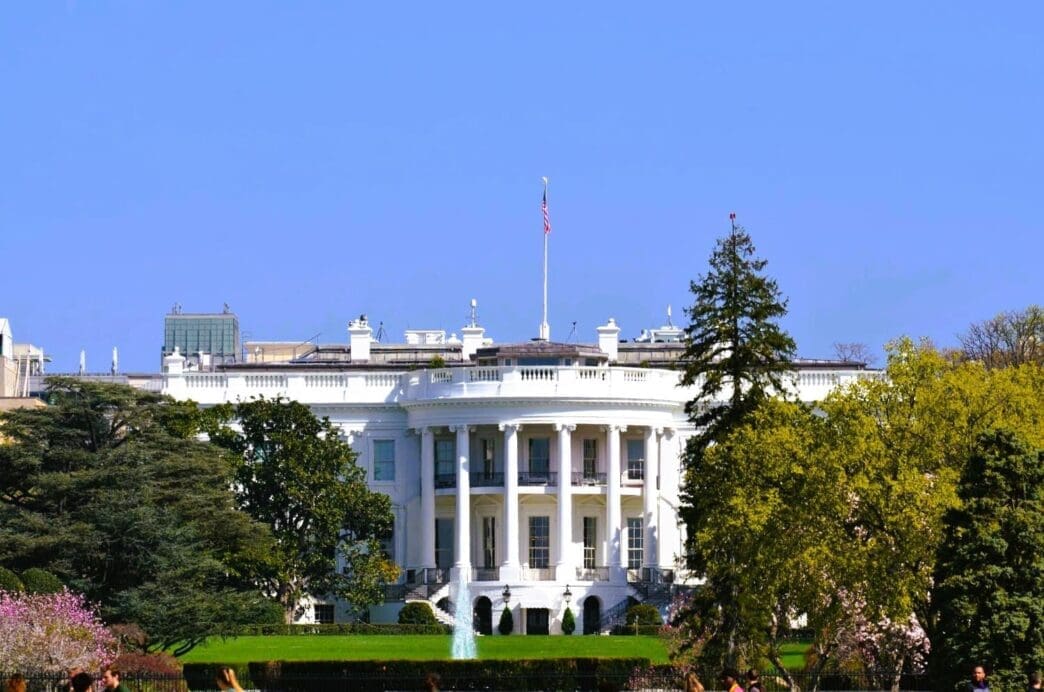More than 50 countries have initiated negotiations with the United States following the announcement of new tariffs by President Donald Trump. These tariffs, set to take effect this Wednesday, have already caused significant turbulence in financial markets, sparked fears of a potential recession, and disrupted the global trading landscape.
Treasury Secretary Scott Bessent emphasized the complexity of addressing unfair trade practices, indicating that these issues cannot be resolved swiftly. The U.S. government will evaluate the offers from other countries to determine their credibility. Meanwhile, President Trump remains optimistic about his trade strategy, encouraging resilience in the face of potential challenges.
The administration’s decision to impose tariffs fulfills a longstanding campaign promise by Trump, who has been critical of foreign trade agreements. This move is part of a broader effort to reshape global trade rules without congressional involvement. Despite potential increases in consumer prices, the administration believes that these measures will ultimately strengthen the U.S. economy.
The introduction of tariffs has prompted varied reactions globally. Countries like China have responded with retaliatory measures. Notably, allies such as Israel and Vietnam are also affected, with discussions centered on potential tariff reductions. Italian Premier Giorgia Meloni expressed disagreement with the tariffs but committed to supporting affected industries through negotiation and economic strategies.
Commerce Secretary Howard Lutnick confirmed the inevitability of the tariffs’ implementation, emphasizing the need to reset international trade dynamics. However, the permanence of these tariffs remains uncertain, with some officials suggesting they could last only weeks.
In the U.S. Congress, the tariff policy has generated mixed feelings. While some Republican senators support the initiative, there is significant concern about its economic implications. A bipartisan legislative proposal seeks to introduce a requirement for presidential justification of new tariffs, mandating congressional approval within a specified timeframe.
Business figures and economists have expressed varied opinions on the tariffs. Elon Musk, head of the Department of Government Efficiency, advocated for a zero-tariff arrangement between the U.S. and Europe. In contrast, economist Lawrence Summers highlighted the conflicting messages from the administration regarding manufacturing revival and tariff negotiations.
The Bottom Line
- The tariffs could lead to increased prices for everyday goods, affecting consumer spending and household budgets.
- Businesses reliant on imported goods may face higher operational costs, impacting profit margins and potentially leading to job cuts.
- International relations could become strained, influencing diplomatic and trade negotiations with key global partners.
- Stock market volatility may continue, affecting individual investments and broader economic stability.
- The legislative push for greater oversight could alter the future landscape of trade policymaking in the United States.








